CWG 2022: India’s big strengths and how absence of shooting is likely to dent overall medal count | Commonwealth Games 2022 News – Times of India
After a record breaking performance at the Tokyo Olympics last year, where they won an unprecedented seven medals including an individual gold by javelin thrower Neeraj Chopra, the Indian contingent will be looking to outstrip its performance in the last edition of CWG in the Gold Coast, Australia. India finished third on the medal tally in 2018, behind Australia and England, in 2018 with 66 medals including 26 gold.
But their best ever showing at the Games remains the exploits in the home edition in 2010. Indian athletes won a record breaking 101 medals in Delhi to finish above England in the standings, second only to sporting powerhouse Australia. That medal haul included an unprecedented 38 gold medals.
The current Indian contingent looks confident to better the performance of the last edition, but can they surpass the 2010 success or even come close to it? It is a hard question to answer at this moment. The fans and well-wishers will be optimistic, but 101 medals is a tough figure to breach, especially after the exclusion of shooting events and archery in Birmingham.
India’s rise at CWG – a brief history
Independent India (post 1947) has missed just three editions of CWG till date — the 1950 edition in Auckland (New Zealand), 1962 in Perth (Australia) and 1986 in Edinburg (Scotland). And from returning medal-less from the 1954 edition in Vancouver (Canada) to finishing second in 2010 (Delhi CWG), India have come a long way in this quadrennial sporting extravaganza.
But the real rise for India at the CWG started at the beginning of the 21st century. The 2002 edition saw India securing a top-four finish for the first time in the history of the Games, with 69 medals, including 30 gold in Manchester to finish 4th overall.
Although their medal tally dropped to 50 in Melbourne in the 2006 CWG, they managed to hold on to the fourth spot behind traditional powerhouses Australia, England and Canada.

India’s history at the Commonwealth Games
And as host nation in 2010, India recorded their best ever medal haul of 101, which included 38 gold, 27 silver & 36 bronze, to finish second on the standings behind only Australia.
From the high of 2010, India dropped out of the top-4 spot in Glasgow in 2014, finishing 5th as hosts Scotland pipped them in the standings. India won 64 medals in Glasgow including 15 gold.
India came back strongly though in 2018 and made it their second best ever campaign as they finished third in the overall standings with 66 medals including 26 gold. So the expectations will be high this time too from the Indian athletes.
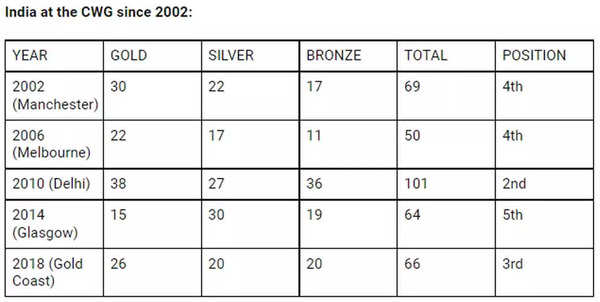
India’s strengths at 2022 CWG
India will again depend on their traditionally strong disciplines like Wrestling, Weightlifting, Badminton, Boxing, Table Tennis, Athletics etc, especially in the absence of Shooting and Archery, to bring back a bucketful of medals from Birmingham. The above disciplines have always contributed 60-70% of the total medal haul in each edition for India, and the numbers will have to rise this time if they are to fill the vacuum left by shooting in particular.
Wrestling: India have been dominating the CWG wrestling events for a long time. The wrestlers have contributed double digit medal hauls in the last three editions since making a return to the CWG roster in 2010, including 12 in the Gold Coast with 5 gold. Led by Olympic medallists Bajrang Punia, Ravi Kumar Dahiya in the men’s draw and Vinesh Phogat and Sakshi Malik in the women’s, India are expected to come back with another big medal haul in Wrestling from Birmingham.
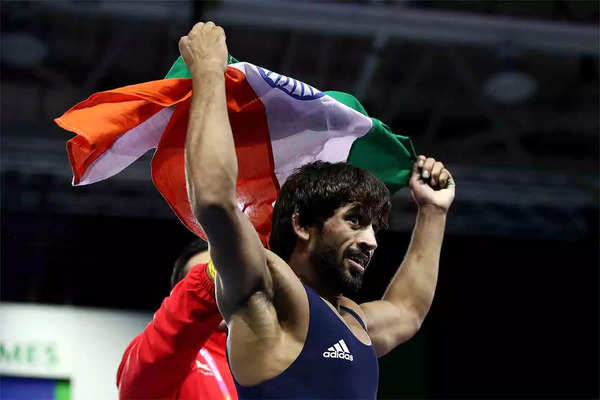
Weightlifting: India topped the medal tally for weightlifting at the 2018 CWG, winning as many as nine medals including five gold. CWG remains a happy hunting ground for the Indian lifters, and they are expected to win another bagful of medals this year too. Led by Tokyo Olympics silver medallist Mirabai Chanu, the 15-member strong contingent of lifters will be hoping to better the Gold Coast performance in Birmingham this time.
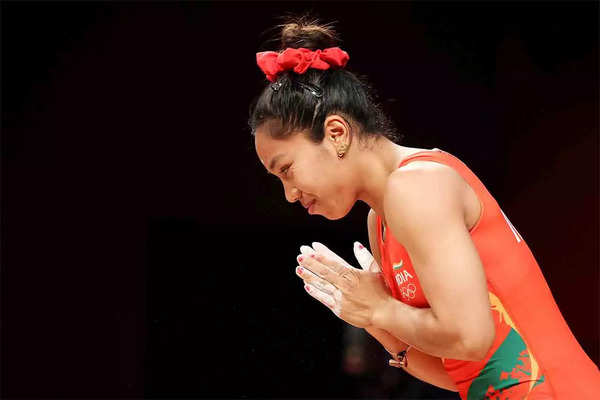
Badminton: A powerhouse line-up for India in badminton means they are ready to match the performance of the 2018 edition, where they topped the table in the sport. India won six medals in the sport in the Gold Coast, including two gold. This time too, India are expected to bring back similar number of medals, including 2-3 gold from the squad led by double Olympic medallist PV Sindhu, world championships silver medallist Kidambi Srikanth, rising star and World championships bronze medallist Lakshya Sen and the very exciting men’s doubles pair of Satwiksairaj Rankireddy and Chirag Shetty.
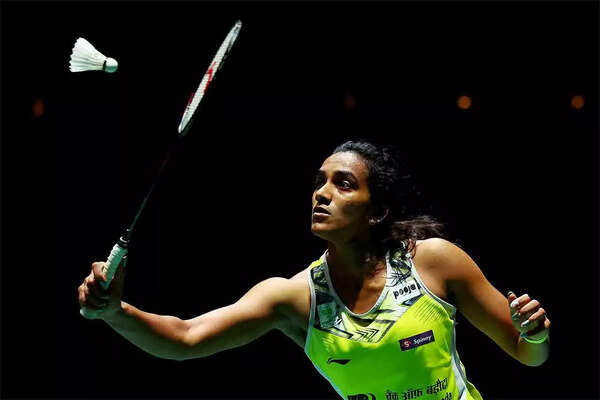
Boxing: With nine medals, including 3 gold, India were the second best nation in the sport at the last edition in the Gold Coast. India again have an impressive line-up for the Birmingham edition too, which includes Tokyo Olympic bronze medallist Lovlina Borgohain, current world champion Nikhat Zareen, and proven experienced male boxers like Amit Panghal, Shiva Thapa among others who are contenders for the gold medals in their respective categories. The line-up is capable of repeating the success of the 2018 edition.
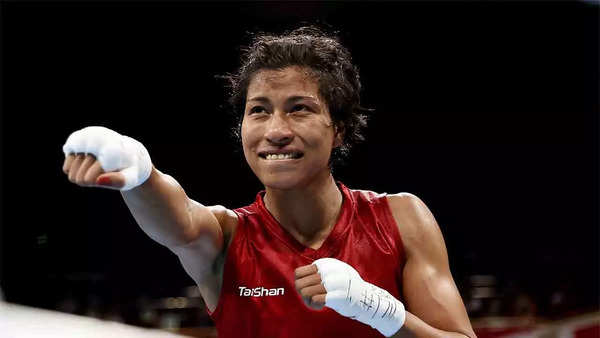
Table Tennis: India topped the TT medal tally in the Gold Coast ahead of traditional powerhouse Singapore, winning 8 medals including three gold. India will again look to replicate the success with almost all the medallists from the 2018 edition going to Birmingham to defend their titles. Led by star paddlers Manika Batra, Sharath Kamal and G Sathiyan, the Indian contingent are raring to go for the podium this time too.
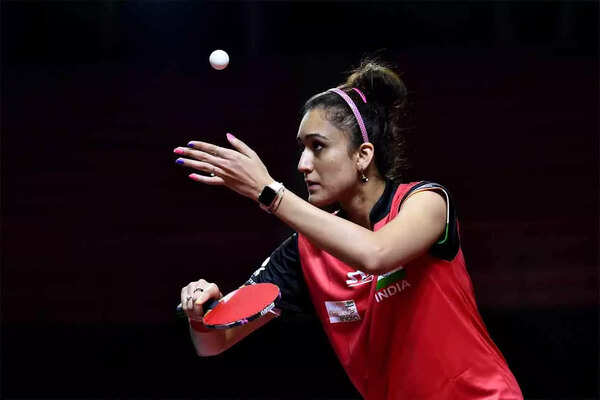
Athletics: Neeraj Chopra has put India on the map of world athletics after his gold medal winning performance at the Tokyo Olympics last year. The javelin thrower became the first Indian to win a medal in the track and field events at the Olympics and only the second individual Olympic gold medallist from India, after Abhinav Bibdra in 2008. Neeraj has now scripted more history by clinching a silver medal at the recently concluded Athletics World Championships, becoming only the second Indian after Anju Bobby George in 2003 to win a medal at the Worlds. Apart from Chopra, long jumper M. Sreeshankar, Manpreet Kaur (Shot Put), Annu Rani (Javelin), Navjeet Dhillon and Seema Punia in women’s discus throw and Avinash Sable in the men’s 3000m Steeplechase are strong medal contenders for India.
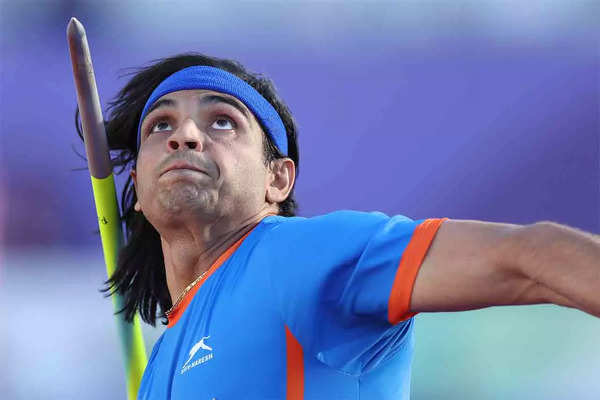
Hockey: Indian hockey teams had a frustrating campaign in the Gold Coast in 2018 as both the men’s and women’s team lost to England in the bronze-medal matches to return empty handed from the 2018 edition. Riding on the highs of the Tokyo Olympics last year (bronze for the men and 4th place finish for the women), the Indian men’s and women’s teams are in Birmingham with the aim to definitely make the finals. For the men in particular, it will be interesting to see if they can break Australia’s stranglehold on the gold medal. The Aussies have all 6 gold medals in men’s hockey since the sport was introduced at the Games in the 1998 Kuala Lumpur edition. The Indian men’s team won a historic bronze in the Tokyo Olympics and finished third in the season’s FIH Pro League (their best finish at the Pro League – 30 points in 16 games), making them an in-form team going into the CWG. The women’s team is also riding high after finishing third in their debut Pro League season this year, this after their historic fourth place finish at the Tokyo Olympics.
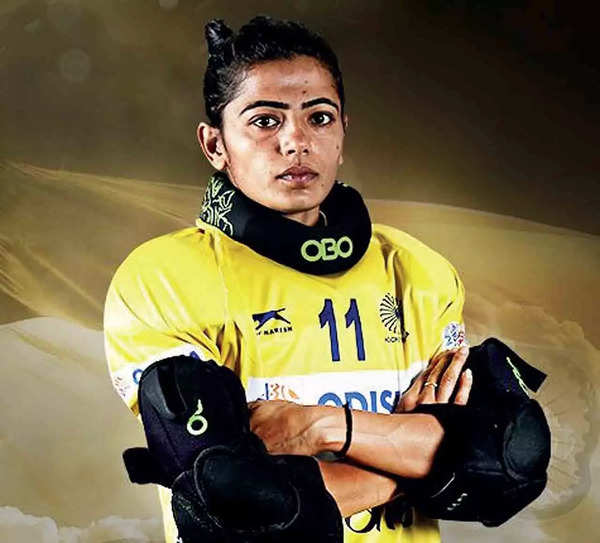
Cricket: Women’s cricket is making its debut at the CWG in Birmingham. It will be played in the T20 format and the Indian team led by Harmanpreet Kaur is a big medal contender of course in the tournament. With all top five ICC ranked teams playing in the tournament, it will be a fierce contest in Birmingham. World No. 4 India will only play one higher ranked team in the group stage, the World No. 1 Australians, which makes their path to the semifinals a bit easier but they will be facing arch-rivals Pakistan in a blockbuster match in the group stage on July 31. A semi-final spot will give India two shots to win a medal — a sure shot medal by reaching the final, or a chance to play the bronze medal match.
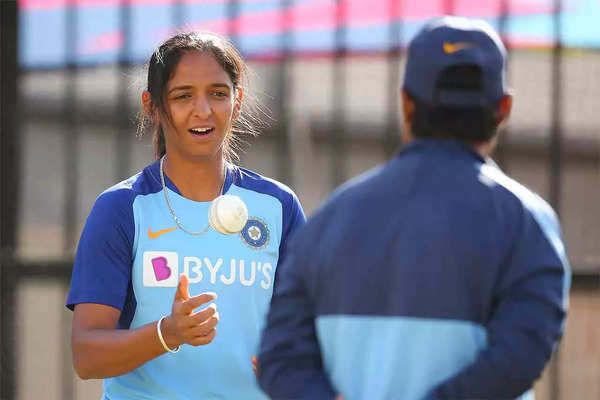
What could stop India from breaching the 101 medal mark set in the Delhi Games?
In the last four-five years, India have dominated the shooting circuit with the emergence of fearless young shooters in their ranks like Sourabh Choudhary, Manu Bhaker, Elavenil Valarivan, Divyansh Singh Panwar, Abhishek Verma, among others. They have been winning medals at almost all the international tournaments including the ISSF World Cups, where India are topping the medals tally quite regularly. In fact, shooting contributed almost 25% of the total medals India won at the Gold Coast CWG in 2018 — a total of 16 medals including 7 gold.
In the preceding editions in 2014 and 2010 too, shooting has contributed almost 27% and 30% of the total medal haul respectively for India. So it is going to definitely impact the overall outcome of the Games for them. A drop of 1/4th of medals will most probably hamper India’s ambition of finishing in a top-3 position. Overall at the Games, Indian shooters have so far won as many 135 medals at the CWG, with 63 gold, 44 silver and 28 bronze medals. Pistol shooter Jaspal Rana, who is now a coach, remains the most decorated Indian athlete at the CWG, with as many as 15 medals across editions, including 9 gold.
In fact, the IOA had in 2019 threatened to boycott the CWG 2022 after shooting was dropped from the roster for these Games. That led to a compromise formula whereby a separate Commonwealth Games shooting and archery Championship was planned in Chandigarh at the start of 2022, with the medals won in these editions being counted in the final tally for the CWG. These though were cancelled in July last year due to the COVID situation.
Another optional discipline which is missing this time and one that hasn’t been part of the Games roster since 2010 is archery. The sport has been played in only two CWG editions – in 1982, Brisbane and 2010, Delhi. India have won a total of 8 archery medals so far at the CWG, with 3 gold. Overall they are tied with England (8 medals), but have won 2 golds less than the English.
The CGF General Assembly, in October last year, approved a strategic roadmap under which athletics and swimming will be the only compulsory categories from the 2026 Games onwards.
Interestingly, going ahead, for the 2026 Games which will be held in Australia – wrestling, shooting and archery have all been excluded in the initial programme. The IOA, in April this year, called that ‘grave injustice’.
Conclusion – Absence of shooting will hurt India’s medal count in Birmingham
Barring the 1970 Edinburgh Games, shooting has always featured on the CWG roster. This will be the second edition of the Games that will not feature shooting. Jaspal Rana, who has 15 CWG medals to his name, has in fact called for India to boycott all shooting equipment made in England. Rana feels ‘a poor performance by their (England’s) shooters will lead to calls for accountability’ and that a lack of funds to stage shooting events sounds ‘strange’.
It is no secret that India’s overall performance at the Games will be heavily impacted by the absence of shooting events in Birmingham. Other sporting events are expected to return with big medal hauls again. But an exponential jump in the medal haul in the sports where India have dominated regularly will be tough as they are already topping the medal charts in the said events. In fact India were the best nation in five sporting disciplines at the 2018 CWG – weightlifting, shooting, wrestling, badminton and table tennis, and the second best nation in boxing.
Shooting’s contribution to the medal haul always remained around 1/4th of the total medal haul or more, so closing in on the best ever haul of 101 medals (Delhi 2010) looks quite unlikely at the moment.
Realistically, Indian athletes should aim to better the last edition’s success in their dominant events.
In the 2018 Games, India won a total of 66 medals, with 27 of them being won by shooters. That’s a total of 39 medals won in all the other sports combined.
This time in Birmingham, hopefully with athletes in other sports really stepping up their performances, the total medal count could approximately be anywhere between 50-60 medals.
For all the latest Sports News Click Here

